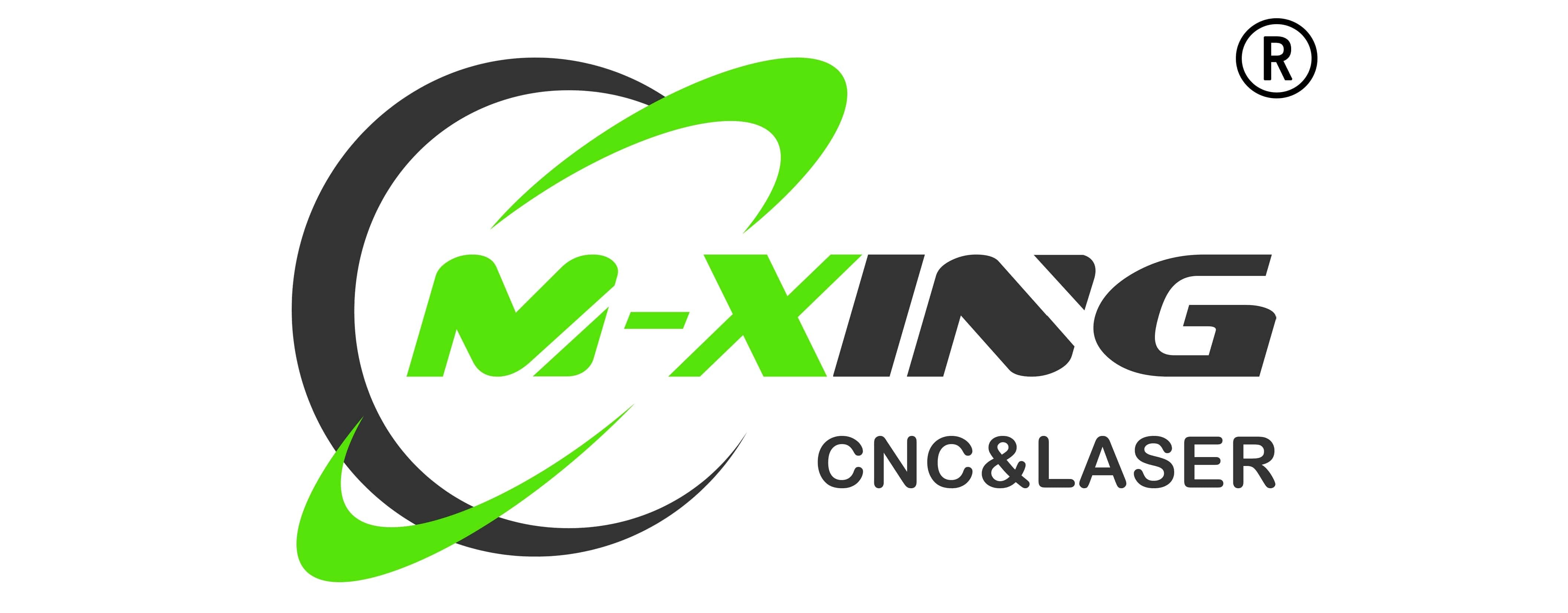Blog
In the realm of modern manufacturing and industrial processes, precision, efficiency, and adaptability are key elements that drive innovation. Among the various technological advancements, the advent of laser marking machines stands as a hallmark, revolutionizing the way industries mark and engrave materials. These versatile tools have found widespread application across multiple sectors, reshaping production lines and setting new standards for quality and efficiency.
Unveiling Laser Marking Technology

Laser marking machines utilize concentrated beams of light to create permanent marks or engravings on a variety of materials. Unlike traditional marking methods that rely on physical contact or use of inks, laser technology enables non-contact, high-precision marking without compromising the integrity of the material being marked.
Versatility Across Industries
One of the most remarkable aspects of laser marking machines is their versatility. They can mark various materials, including metals, plastics, glass, ceramics, and even organic substances like wood. This adaptability has made laser marking indispensable across a myriad of industries.
In automotive manufacturing, these machines are used for marking serial numbers, barcodes, and logos on components, aiding in traceability and authenticity verification. In the electronics sector, they facilitate the precise marking of circuit boards and semiconductor chips. Meanwhile, in the medical field, laser marking ensures accurate identification and tracking of surgical instruments and medical devices.
Precision and Customization
The precision and intricacy achievable with laser marking machines are unparalleled. They can create minute markings with incredible detail, ensuring legibility even in the tiniest of spaces. This precision enables customization, allowing companies to imprint logos, serial numbers, QR codes, or other specific information, catering to individual product needs without compromising quality.
peed and Efficiency
Aside from precision, laser marking machines excel in speed and efficiency. These machines operate swiftly, significantly reducing marking times compared to conventional methods. The automation and rapid processing capabilities not only enhance productivity but also minimize errors, contributing to streamlined manufacturing processes.
Environmentally Friendly and Cost-Effective
Laser marking technology also champions environmental sustainability. Unlike solvent-based printing methods, laser marking is a non-contact, chemical-free process that generates minimal waste. This eco-friendly approach aligns with the growing global focus on sustainable manufacturing practices.
Additionally, while initial investment costs may be higher, laser marking machines offer long-term cost-effectiveness. Their durability, minimal maintenance requirements, and efficient operation contribute to lower operational costs over their lifespan.
Advancements and Future Outlook
As technology continues to advance, laser marking machines are evolving to meet increasingly complex demands. Innovations in laser technology are driving improvements in marking speed, precision, and compatibility with a broader range of materials. Integration with AI and automation systems further enhances efficiency, enabling seamless connectivity within smart manufacturing environments.
The impact of laser marking machines across industries is undeniable, reshaping production processes with their unparalleled precision, versatility, and efficiency. As these machines continue to evolve and integrate with cutting-edge technologies, their role in manufacturing will only become more pronounced, offering a gateway to enhanced customization, sustainability, and productivity for industries worldwide.


